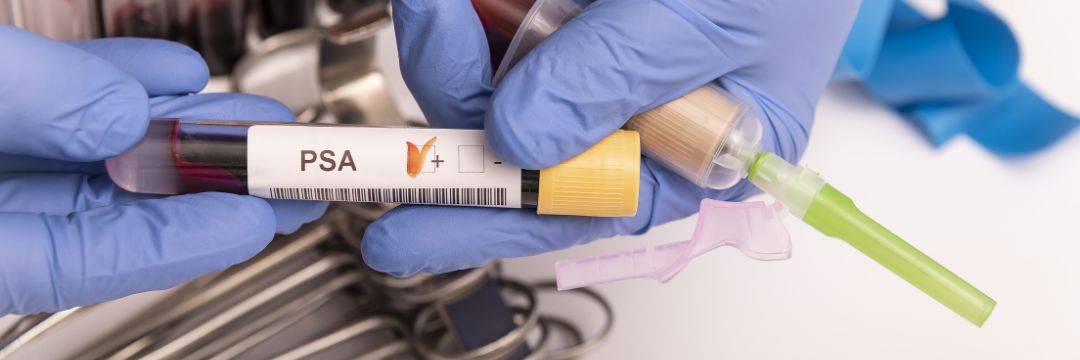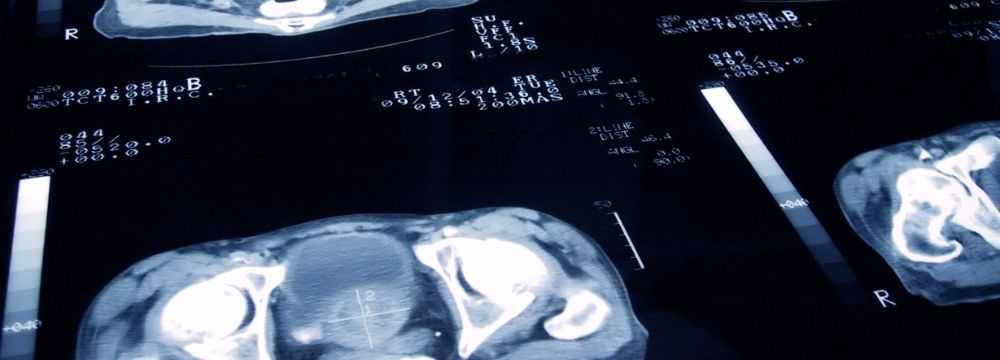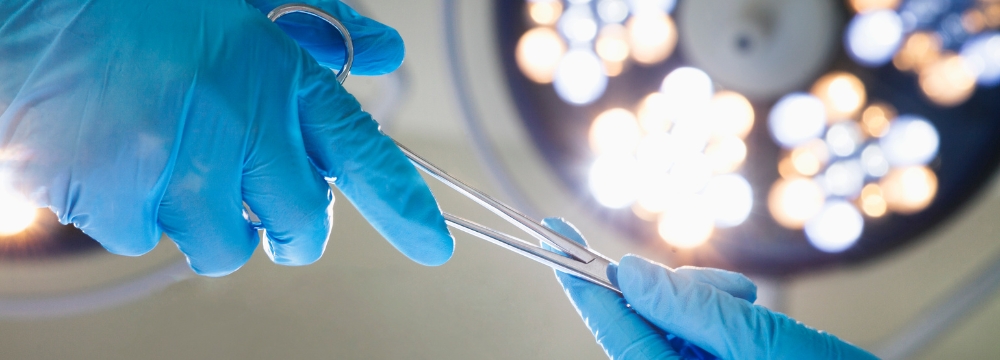One of the many differences between men and women is that men have a prostate, while women do not. The prostate is a walnut-sized gland in front of the rectum, between the bladder and the penis. It surrounds the urethra, the tube that carries urine from the bladder to outside the body. The prostate’s primary function is to produce semen, which helps transport sperm during ejaculation. As a male, keeping the prostate in good health is very important for your overall health.
Problems With The Prostate
The most common prostate problems are prostatitis (inflammation of the prostate), benign prostatic hyperplasia (enlarged prostate), and cancer. Symptoms may include difficulty starting or stopping urination, a weak urine stream, dribbling after urination, pain in the lower back and genital area, blood in the urine or semen, painful ejaculation, and feeling like you cannot empty your bladder completely.
Out of all the problems you can have with your prostate, cancer can be life-threatening. When you maintain prostate health, you are also lowering your risk for prostate cancer.
Tips To Keep a Healthy Prostate
Below are several tips on how to keep your prostate healthy.
- Eat a healthy diet with plenty of fruits, vegetables, and whole grains. Fruits and vegetables are rich in antioxidants, which prevent DNA damage (which causes cancer mutations) by tracking down free radicals and neutralizing their effect. Oily fish, avocados, tomatoes, and walnuts also help fight prostate cancer.
- Exercise regularly. Physically active men are less likely to develop BPH and also slow down the growth of prostate cancer. Reduction in inflammation and oxidative stress-lowering effects of exercise benefit prostate health.
- Get some vitamin D. The sunshine vitamin has many benefits, including keeping your prostate healthy. Studies show that vitamin D helps control the progression of prostate cancer.
- Maintain a healthy weight. A healthy weight usually means a healthier prostate. Excess fat causes inflammation, which also affects prostate health. Discuss with your doctor how you can get to a normal weight if you want to avoid prostate issues.
- Get screened for prostate cancer. Prostate cancer screenings for high-risk groups – those with two or more family members diagnosed with prostate cancer – should get screened beginning at the age of 40. Men who are at average risk may begin screenings at the age of 55.
Urologist in Concord & Mint Hill/Charlotte, NC
Most men do not know who to turn to for their health problems. If you are concerned about your prostate cancer risk, it’s never too early to take steps to reduce your risk. Dr. Richard Natale is a urologist in Mint Hill and Charlotte, providing a range of men’s health services, including diagnosing and treating patients with an enlarged prostate and prostate cancer. Dr. Natale is compassionate in advocating for prostate cancer prevention and ensures his recommendations are unique to each patient and his lifestyle and preferences.
To schedule an appointment with Dr. Natale, call our urology clinic at (704) 786-5131 or use our convenient appointment request form. Our friendly and accommodating staff looks forward to serving you.









